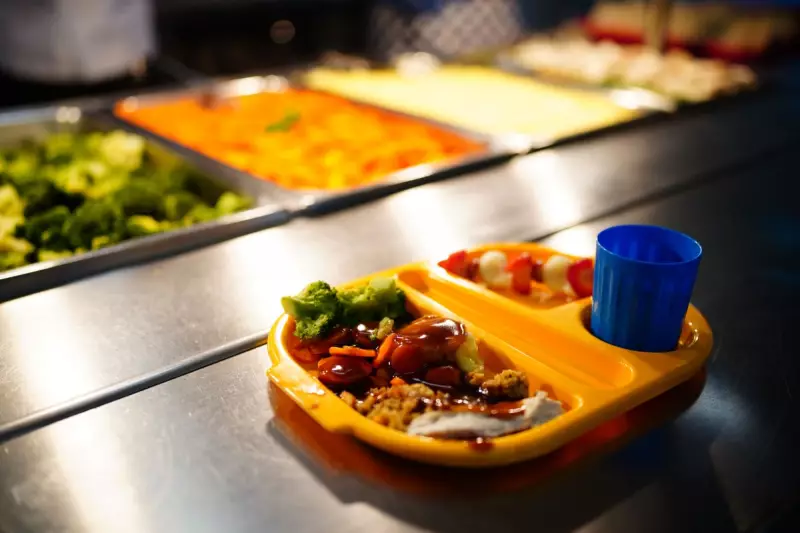
The Department for Education has confirmed the abrupt termination of funding for the Holiday Activities and Food (HAF) programme, pulling vital support from hundreds of thousands of England's most vulnerable children during school breaks.
What Was the HAF Programme?
Established as a lifeline for low-income families, the HAF programme provided free meals, enriching activities, and essential childcare during the Easter, summer, and Christmas holidays. It specifically targeted children eligible for free school meals, ensuring they received at least one healthy meal a day outside of term time.
The Impact of the Funding Cut
This decisive cut directly affects an estimated 600,000 children across the nation. Charities have issued stark warnings, predicting a devastating surge in "holiday hunger," where children from struggling families face inadequate nutrition without the safety net of school meals.
Beyond nutrition, the programme offered structured activities—from sports to coding clubs—which provided safe, stimulating environments and helped combat social isolation. Its removal leaves a significant gap in community support.
Official Justification and Fierce Backlash
A government spokesperson stated the programme was always designed as "short-term relief" and that its objectives had been met. They pointed towards the £200 million investment since 2021 and emphasised the government's wider cost-of-living support measures.
However, this justification has been met with fierce criticism. The Labour Party labelled the move "disgraceful," especially amidst a persistent cost-of-living crisis. Food poverty charities have echoed this sentiment, arguing that the underlying problem of child food poverty is far from solved and that withdrawing support now is catastrophic.
What Happens Next?
With central funding withdrawn, the responsibility now falls to local authorities. Councils are being forced to make impossible decisions, with many likely unable to fund the programmes independently, leading to a postcode lottery of support.
This decision places immense additional pressure on already-stretched families, food banks, and community organisations, who are now on the front line of preventing child hunger during the upcoming school holidays.





